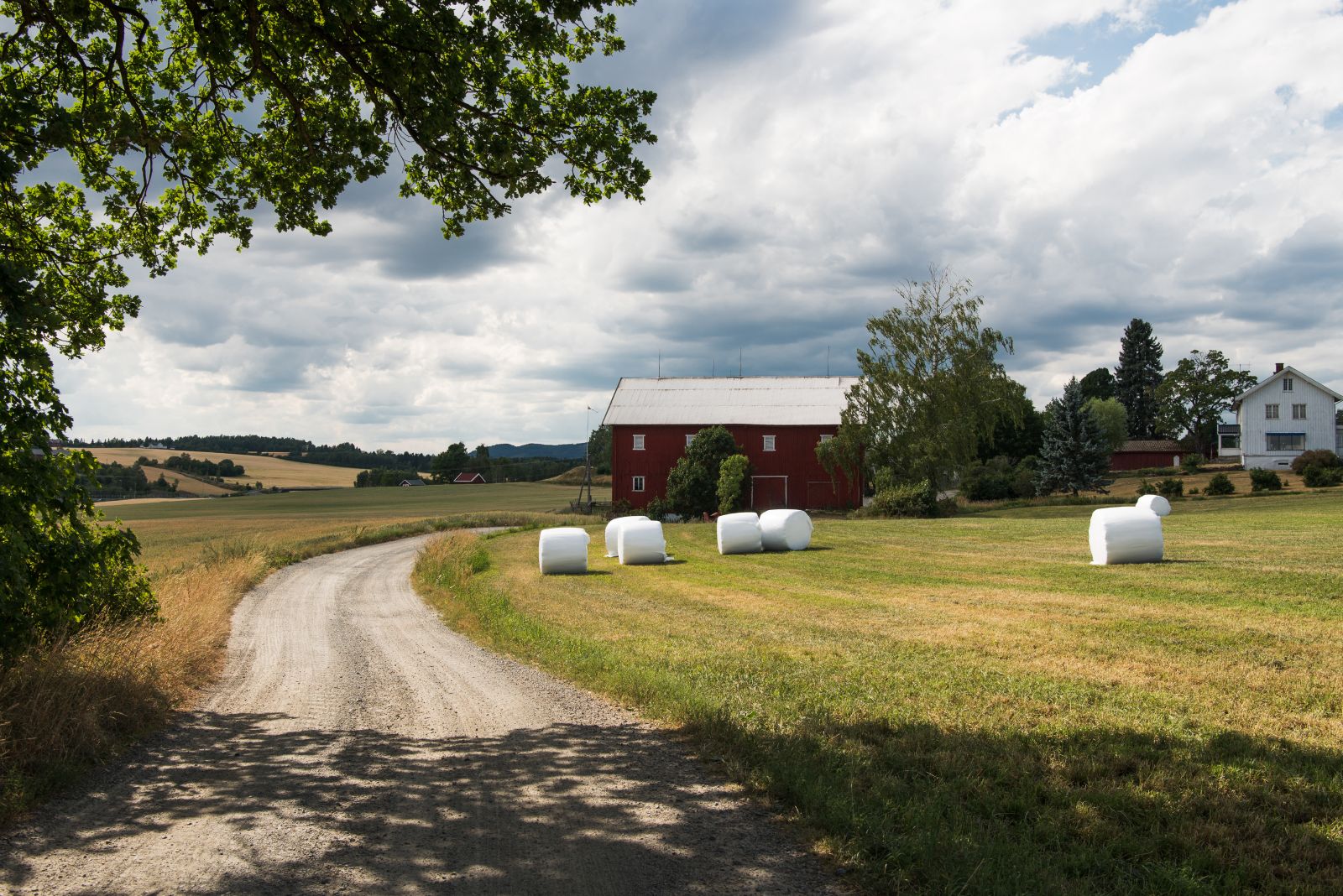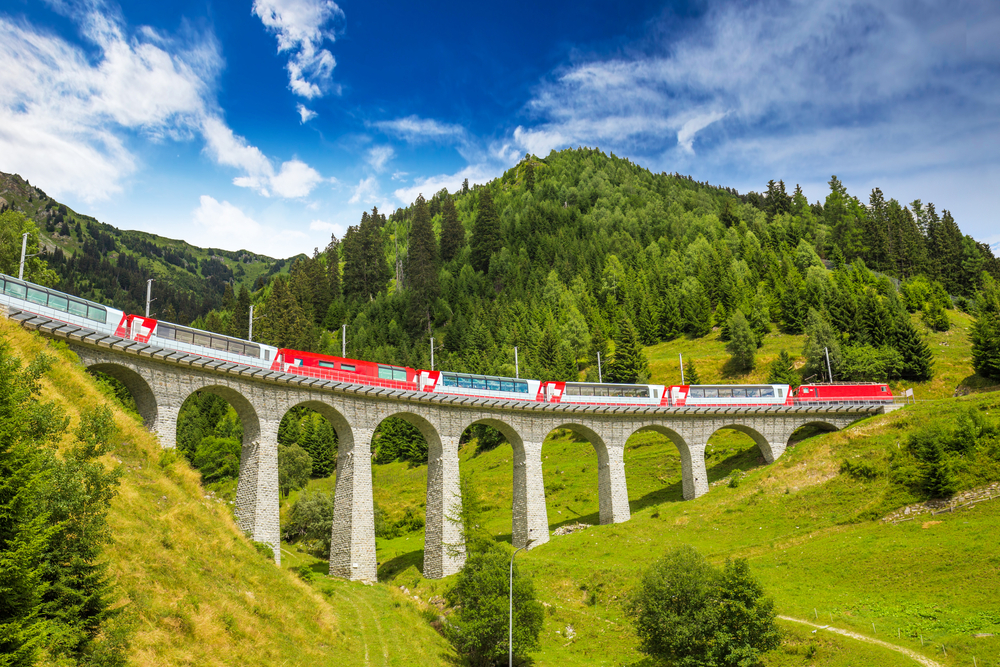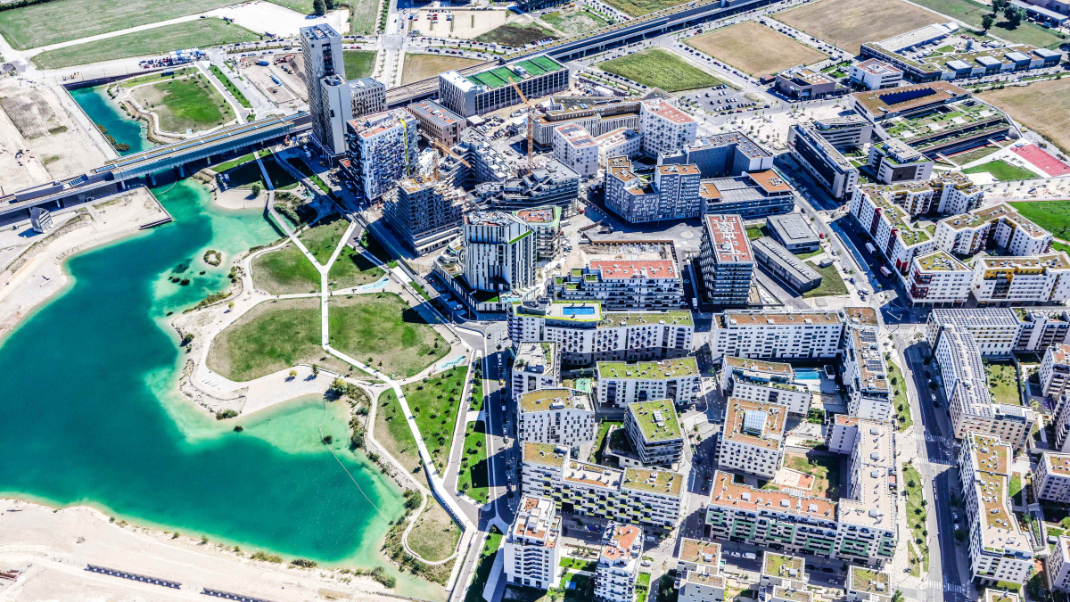Innovative Planning in Shrinking Societies
Currently, 40% of the population in Europe lives in a shrinking region, which means they experience a declining and/or ageing population. This especially impacts rural regions, where natural decline, continued urbanisation, and accompanying centralisation are expected to accelerate shrinking in these regional areas. Policy challenges are evident in, for example, labour market shortages, fiscal sustainability, infrastructure provision and access to services. Local planning is crucial to meet these changes and identify new and innovative strategies and solutions.

RURALPLAN final report
RURALPLAN project provides a theoretical and practical framework for innovative strategic planning for development without (population) growth. This perspective constructively addresses the complex challenges of such areas without placing the stigma of ‘failing to grow’ on local and regional entities and societies. Such a change of mindset is challenging in traditional planning terms when development equals growth.

[Interalp] - Interface Territories across the Alpine region - scientific results
The ESPON InTerAlp project is part of a larger effort to improve the understanding and support territorial governance and spatial development across the Alpine region. The Alpine region is home to several major European cities (among others: Munich, Milan, and Vienna) and is traversed by key transport corridors that connect Northern Europe with the Mediterranean. It is also a region of significant environmental importance, as it provides vital ecosystem services, such as water supply and biodiversity conservation, to the rest of Europe.

[Interalp] - Interface Territories across the Alpine region
The ESPON InTerAlp project provides a systematic exploration of the specific spatial dynamics, challenges and opportunities associated with Alpine interface territories. The analysis addresses a number of key questions, including the definition and delineation of Alpine interface territories, the identification of common challenges and opportunities, and the review of governance frameworks and instruments for Alpine spatial planning and development.

[Interalp] - Interface Territories across the Alpine region - Case studies
The InTerAlp project zooms into a number of relevant case studies to examine specific interface regions in more detail. These cases serve to provide an in-depth exploration of different regional settings. The selection of case study regions covers a wide range of geographical locations and territorial characteristics. In general, interface territories are spread all across the Alps – some are more urbanised, others are predominately rural. There are interface territories with cross-border characteristics, and some are directly linked to national capitals.

[Interalp] - Interface Territories across the Alpine region - A new geography
Alpine interface territories link mountainous and inner-Alpine areas with pre-Alpine lowlands and, thus, are a very specific territorial type: Highly dynamic flows and interdependencies as well as controversial stakeholder interests meet in a rather limited spatial framework. Organising sustainable spatial development in this geographical context is a challenge. These challenges extend beyond administrative boundaries and require pan-Alpine strategies and cross-border spatial planning and development instruments.

[RE-INDUSTRY] – Capacity Building for Re- industrializing Regions in a Globally Decarbonizing Economy
The ESPON EGTC is launching an open call for tenders to further build up ESPON’s stock of research and enhance the European territorial evidence production in the framework of the ESPON 2030 Programme.
This call for tenders shall result in a targeted analysis project being implemented within the framework of the Thematic Action Plan ”European territories in global interactions”.
[CHANEBO] - Challenges at EU’s North-East External Borders
CHANEBO aims at producing new territorial evidence on possible reorientation of development trajectories of the north-eastern EU border regions – as they been
House for All: Access to Affordable and Quality Housing for All People
The European Research Project [House4All] Access to affordable and quality housing for all people aims to provide a comprehensive and comparative overview of how housing policies are delivered across the ESPON territory and develop a comprehensive definition of housing affordability at the EU level, taking into account a broad range of indicators and the diversity of European territories and their specificities.

